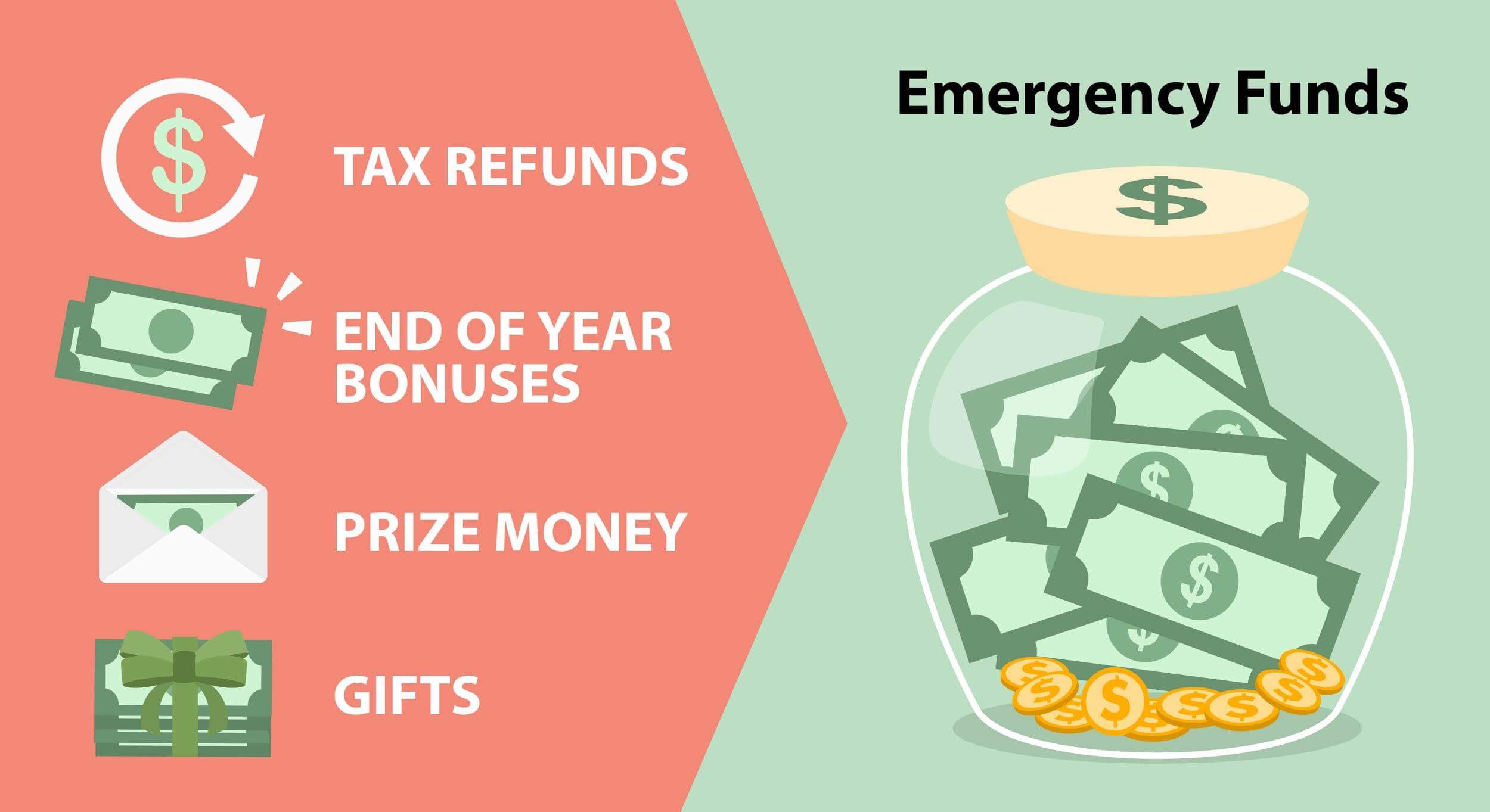I’m going to reveal the most important secret today, the secret to get rich that is. Everyone wants to get rich isn’t it? But most of the time they don’t have a clue as to what exactly to do to accomplish the goal. Most of them think that to get rich, you need to study extremely hard and get a good job, or work so hard in job that you keep on getting promoted. Apparently they are saying that to get rich, you need a high salary or else it remains a dream. I’m here to prove it to you today that even earning not so much, you can play in millions some day. Confused? Come lets do some maths here.
I’m going to consider a few cases where we have 2 persons A and B who will have the same job and same salary but we will see how A beats B in each and every case. We will assume that they both earn 15% per annum as a return on their investments.
Case: A and B starts working at the age of 25 and work till 55. They both earn Rs. 50,000 per month on an average.
Case 1.1: A is smart and he decides to start investing right from the first month of his working carrier. A saves Rs. 20,000 a month till the day he is working. Let us see what he has left at the age of 60. A has 24,00,00,000+ left over at the age of 60 with saving just 20,000 a month for 30 years.
Case 1.2: B thinks A is a fool because he started investing early instead of enjoying his life. B spends everything he had till the age of 35 and then he begins investing. B begins investing 20,000 a month from the age of 35. Lets see how much he has got at the age of 60. B has mere 5,70,00,000 left with him at the age of 60. So much for the fun he had in the initial years of his working carrier. That 10 years of 20,000 a month of extra spending cost him 18 crores of rupees. And this difference is going to widen big time in the years after 60. I leave you to calculate their net worth at the age of 70, unbelievable difference.
Case 2.1: A saves 20,000 a month till the age of 35 and begins to spend everything after the age of 35. Lets see how much he has left over at the age of 60. A has 18.5 crores left over.
Case 2.2: B decides to spend everything till age 35 and then he saves 30,000 a month for the next 20 years. Lets see how much he has left over at the age of 60. Guess what? B has only 8.5 crores left, thats around 9.5 crores less than A.
So you see, even when B decided to save 50% more money than A and for double the time than A saved, B still has 50% less money left over. So much for the 10 years of more enjoyment, you ended up 9 crores less.
So what causes such a huge difference?
Wealth Grows Itself. The more the time you let the money be invested, the more it will grow. It is like a tree, the faster you sow, the longer it will benefit you. If you are smart like A, you will plant your wealth tree from the first day. The earlier you invest, the more money you will have in future.
But what will I do with money at the old age of 60?
Well, I was only giving a figure based on assumption. You don’t really have to keep all the money invested till the age of 60. You can take out your investments at any age you wish. You can also keep taking out small amounts of money to spend on luxuries anytime you feel like. The money that’s invested will keep generating you cash each and every year, you can always take out a part of the investments to spend somewhere and leave the rest invested. It is all about your financial planning. We already assumed in our example that they spend 30,000 a month on average which is a lot. You can save more or spend more. The important point is, you just need to start investing early. You get returns based on what you invest, more the investment amount, more the money. Just plan your spending and saving properly to create a balance.
Did you know that 1 thousand rupees becomes 1.33 lakh in 35 years on a 15% pa? And 1 lakh becomes 1.33 crores? So you see the power of investing early? I started investing from the age of 17. When are you going to?







